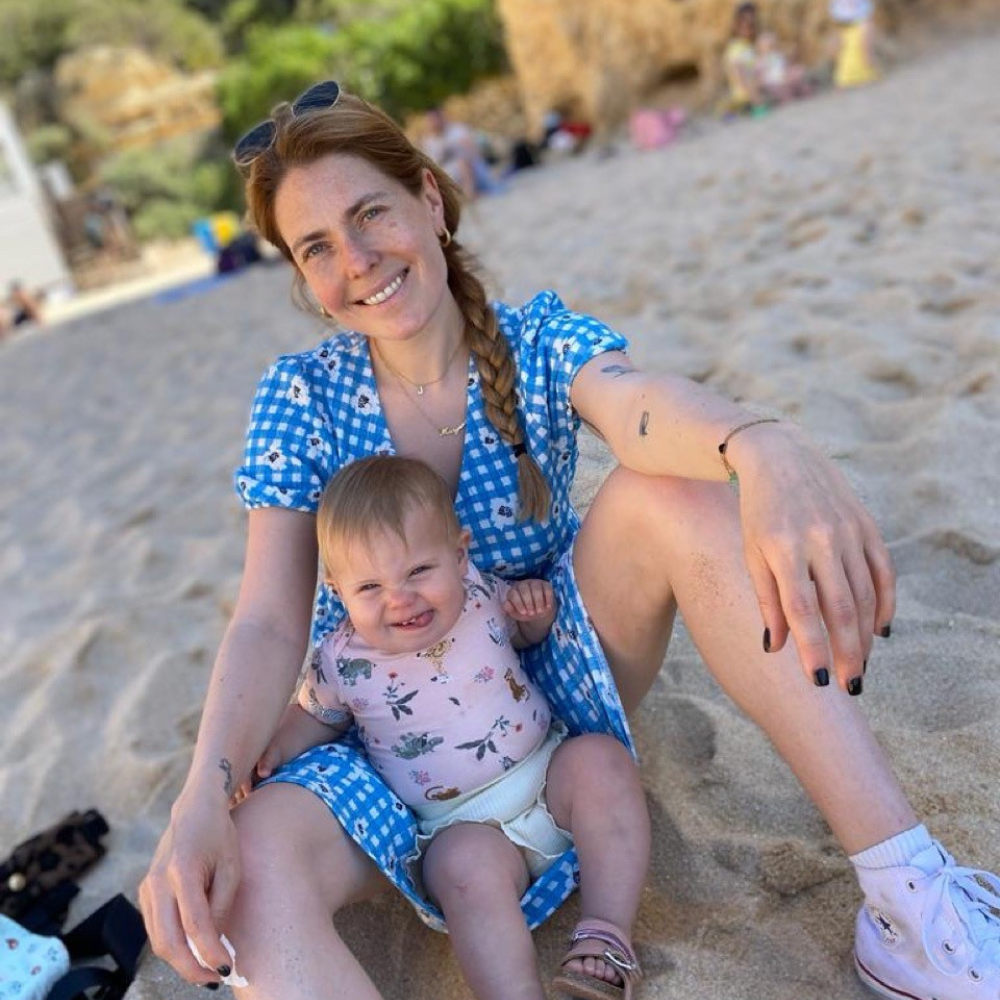As a mother who has breastfed her child, I’ve encountered my fair share of breastfeeding myths and misconceptions surrounding . These myths can be confusing and may even discourage some mothers from embarking on this rewarding journey. In this blog post, I aim to debunk some of the most common breastfeeding myths and help separate fact from fiction.
Myth: You must have a strict feeding schedule.
Fact: Babies need to be fed on demand, especially in the early days. Following your baby’s hunger cues and allowing them to feed whenever they need to will help establish a healthy milk supply and ensure your baby gets the nutrition they need.
Myth: Small breasts produce less milk.
Fact: Breast size has no direct impact on milk production. The ability to produce milk is determined by the amount of glandular tissue in the breast, which is not always correlated with breast size.
Myth: You can’t breastfeed if you’ve had breast surgery.
Fact: Many women can successfully breastfeed after breast surgery, including breast augmentation or reduction. However, it’s essential to discuss your specific situation with your healthcare provider and a lactation consultant to determine your individual needs and potential challenges.
Myth: Formula-fed babies sleep longer.
Fact: While formula may take longer to digest, leading to longer intervals between feedings, there is no guarantee that formula-fed babies will sleep longer. In fact, breastfed babies often wake more frequently for comfort, not just hunger, which can contribute to a stronger mother-baby bond.
Myth: You can’t breastfeed if you’re taking medication.
Fact: While some medications may not be compatible with breastfeeding, many are safe. It’s important to discuss your specific medications with your healthcare provider before making any decisions about breastfeeding while on medication.
Myth: You can’t get pregnant while breastfeeding.
Fact: Although breastfeeding can suppress ovulation and provide some degree of natural birth control, it’s not a foolproof method. If you’re sexually active and don’t want to become pregnant, it’s essential to use additional contraception.
Myth: Breastfeeding will cause your breasts to sag.
Fact: Breast sagging is primarily influenced by factors such as genetics, age, and significant weight fluctuations. While breastfeeding may cause some temporary changes in breast shape, it’s not the primary cause of sagging.
Myth: You should avoid spicy or gassy foods while breastfeeding.
Fact: Every baby is different, and most can tolerate a wide variety of flavors in their mother’s breast milk. Unless your baby shows signs of discomfort or an allergic reaction, there’s no need to avoid specific foods.
Separating Breastfeeding Facts from Fiction
In conclusion, as a mother who has experienced the ups and downs of breastfeeding, I believe it’s essential to separate fact from fiction. By debunking these common myths, I hope to encourage and empower other mothers to make informed decisions about their breastfeeding journey. Remember, every mother and baby’s experience is unique, so trust your instincts and seek guidance from healthcare professionals and lactation consultants as needed.
Please note that I speak from personal experience. For substantiated information, we always recommend that you take a look at the World Health Organization.









